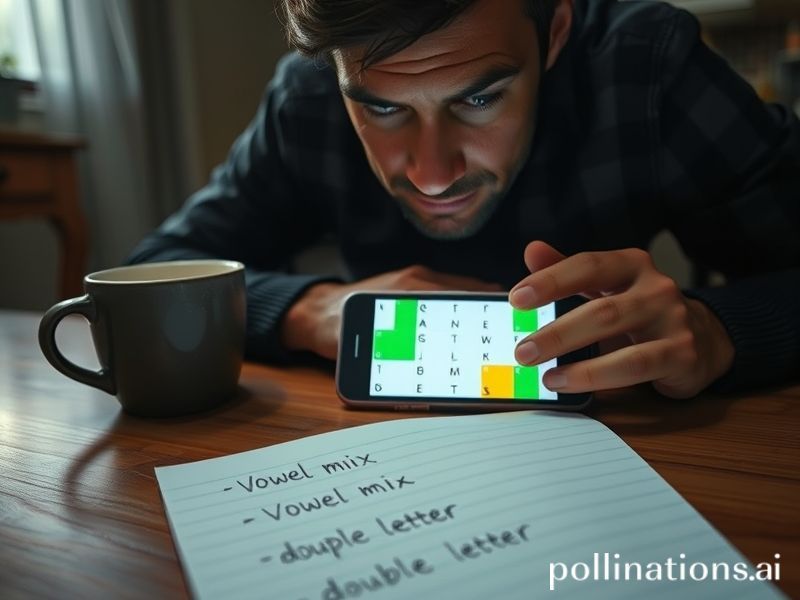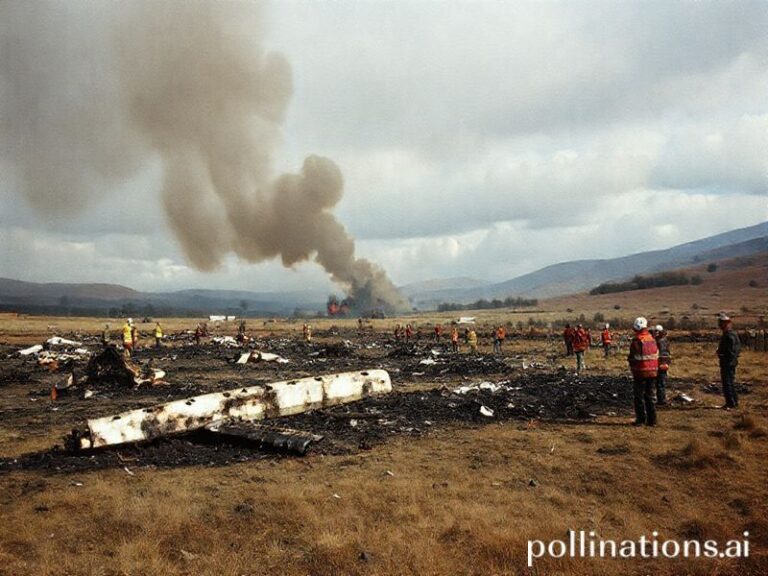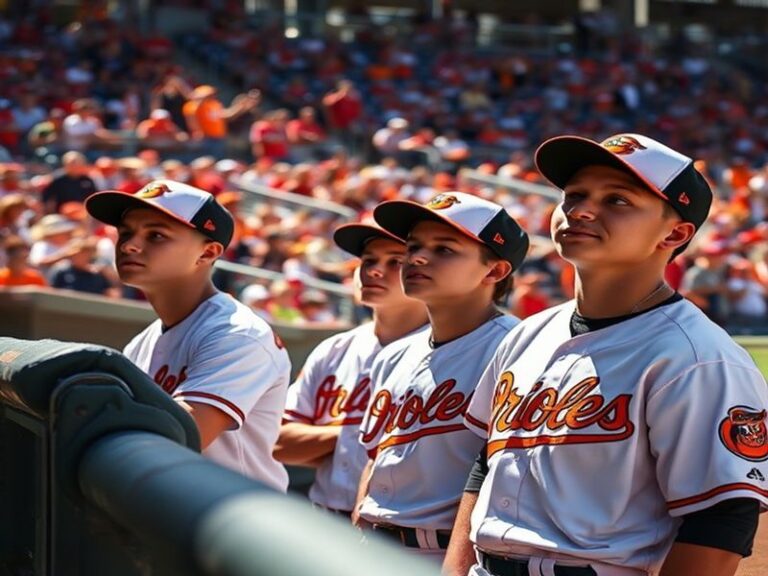Wordle Hints: The Five-Letter Treaty Holding a Fractured World Together
Wordle Hints: How a Five-Letter Grid Became the Last Neutral Border on Earth
By Our Correspondent in Exile, somewhere with spotty Wi-Fi and cheaper whiskey
PARIS—At precisely 00:00 GMT, a hush falls across time zones as if the planet briefly remembers how to synchronize. From Lagos to Lima, thumbs freeze mid-scroll, diplomats mute the crisis du jour, and even the algorithmically inflamed pause to squint at a grid of gray, yellow, and green. The weapon of mass distraction? Wordle. The ammunition? Hints—those tiny, smug breadcrumbs we pretend we don’t need while frantically texting group chats that look suspiciously like NATO communiqués: “Third letter is ‘r’, trust me, I’m an editor.”
Globalization promised open borders; it delivered open tab bars. Yet Wordle hints have become the rare contraband that circumvents tariffs, sanctions, and the Great Firewall. In Tehran, a PhD student routes her daily clue through a cousin in Toronto because the New York Times is still paywalled by both geopolitics and personal finance. Meanwhile, in Moscow, a marketing strategist trades yesterday’s answer for two cigarettes and a meme about bunker life. Somewhere in the South China Sea, a naval officer toggles between radar and Reddit, proving that mutually assured destruction now includes spoilers.
The United Nations may debate carbon credits, but the real emissions tracker is the collective groan when the word is “FOYER” and half the world hasn’t owned an entryway since 2008. Development economists note that hints level the linguistic playing field: native speakers of English, that imperial leftover, suddenly share lexical anxiety with ESL grandmothers in Manila who’ve memorized every possible vowel placement like Cold War launch codes. Call it soft power by Scrabble.
Of course, hints are currency, and currencies collapse. Last month, a rogue Twitter bot auto-replied with the solution at 12:01 a.m. EST, triggering what psychologists are calling “semantic shock”—a condition previously observed only when Americans discovered other countries use the metric system. The bot’s creator, a 17-year-old in Jakarta, explained he just wanted to watch the world burn, ideally in six tries or fewer.
Some governments have noticed. The EU is drafting the Digital Services Green-Letter Act, requiring platforms to label hints as either “organic” (from your aunt in Dublin) or “genetically modified” (scraped by AI from a subreddit where people still think “epic” is an adjective). Beijing has gone further, replacing Wordle with “Ideological Squares,” where correct spellings include “CORE” and “XI.” Citizens report it’s surprisingly difficult when every third puzzle is censored mid-game.
Humanitarian agencies, never ones to miss a bandwagon, now distribute hints alongside water purification tablets. Refugee camps in northern Jordan have Wi-Fi passwords updated daily to the Wordle answer, ensuring at least one moment of shared global smugness before the news cycle resumes its usual diet of despair. Aid workers insist it’s therapeutic; cynics note it’s cheaper than actual therapy.
And what of the environment? Researchers calculate that the electricity spent refreshing hint threads could power Reykjavik for a month, but offset that with the drop in doomscrolling, itself the coal plant of the soul. Greta Thunberg, when asked, sighed the sigh of a generation and tweeted a single green square. It was, naturally, ratioed within minutes by someone claiming she used fossil-fuel-derived vowels.
As for the future, futurists predict “Hint NFTs”—unique cryptographic clues minted on blockchains already melting glaciers. Others foresee a black-market deepfake industry where AI-generated Josh Wardle himself whispers tomorrow’s word in exchange for your browser history and a kidney. The safest bet, as always, is that we’ll adapt, over-share, and pretend the dopamine is free.
So tonight, when the clock strikes midnight and you hover between “ADIEU” and “AROSE,” remember: somewhere a drone pilot, a sanctions lawyer, and a TikTok astrologer are all staring at the same five empty boxes, united in the most honest thing we still do—cheating just enough to feel smart, but not so much we can’t brag.
And if the word is “PEACE,” well, the universe has a sense of humor darker than mine.







